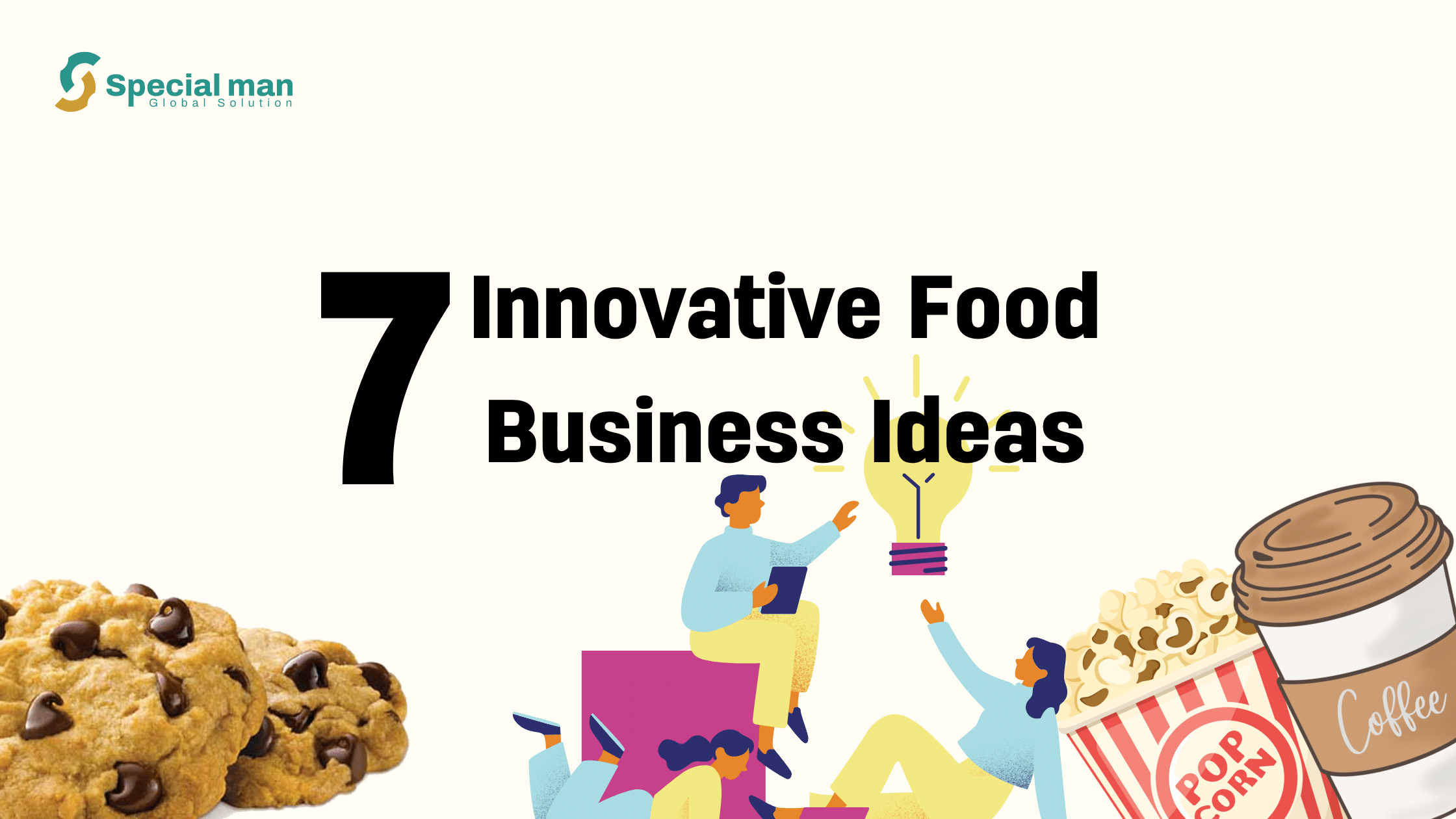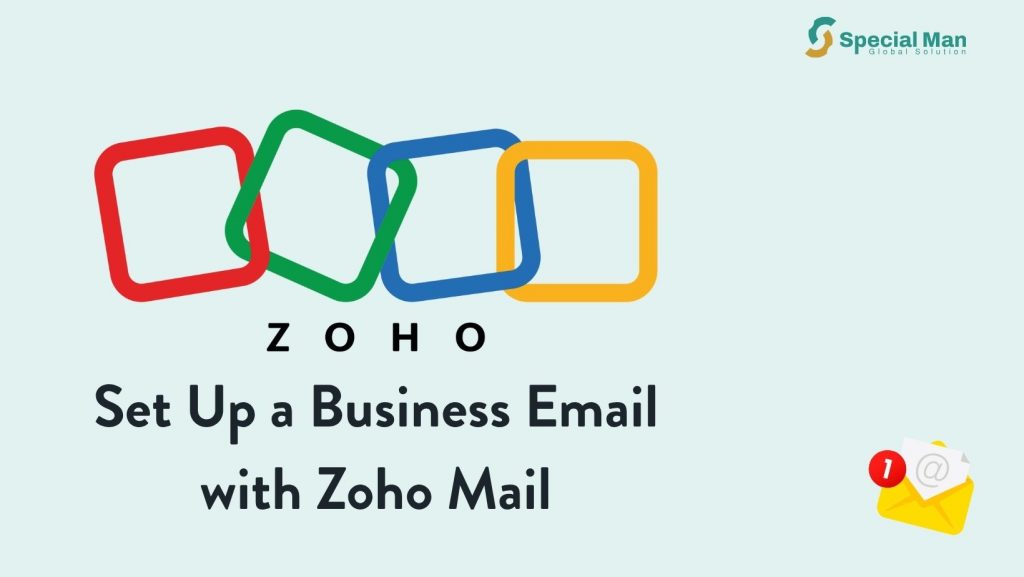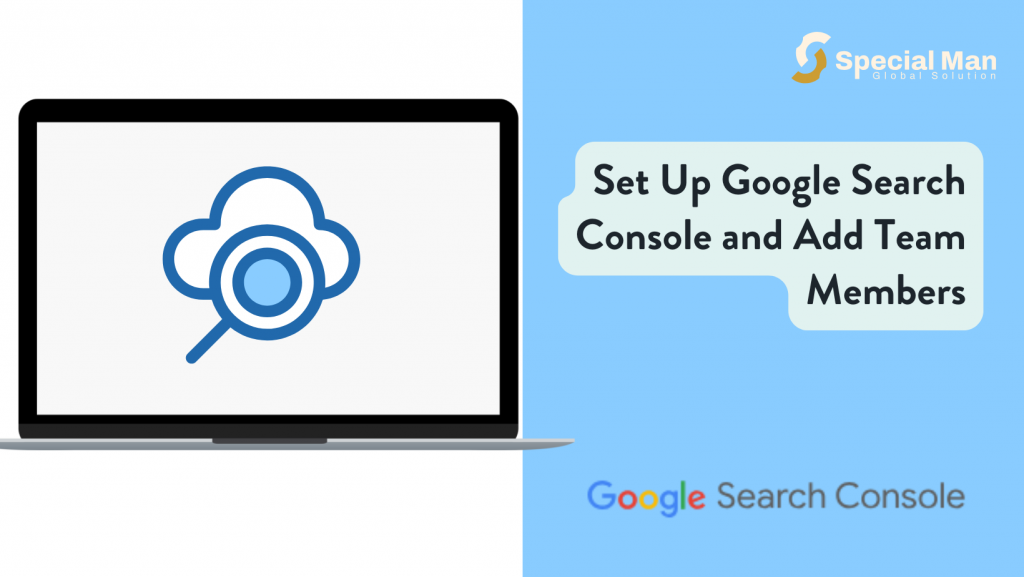Do you ever stop to think about the incredible power of food? It sustains us, fuels us, and brings us together. From the humblest of ingredients to the most decadent of dishes, food has the power to nourish our bodies, our souls and even our communal bonds. It’s no wonder the food industry has flourished, adapting to changing tastes and preferences while remaining a fundamental part of our lives. In 2023, there will be a lot of opportunities for entrepreneurs to leverage and adopt modern technology to start, grow and expand their food business ideas.
In this article, we’ll be exploring 7 innovative food business ideas that you can build in 2023. However, it’s essential to research each idea thoroughly to understand the development costs, benefits, and challenges associated with each business idea before launching into execution.
What is a food business?
A food business is a type of business that involves the production, preparation, sale, or distribution of food products. Food businesses can take many forms, from restaurants and cafes to food trucks, grocery stores, catering services, and more. Some food businesses focus on particular cuisines or food niches, while others offer a broader range of options.
The food industry is a large and diverse sector, and food businesses play an important role in providing food products and services to consumers.
If you’re thinking of starting a food business in 2023, here are 7 innovative ideas that could be worth exploring;
1. Specialty food truck
Food trucks have been a popular food business idea for several years, but specializing in a niche cuisine or food item can help set you apart from the competition.
Benefit
Flexibility: Specialty food trucks have a unique advantage because they can change their location and menu easily to fit the needs of their customers. They can go where the people are and sell the food that people want to buy. This makes them very useful for events and busy areas where lots of people are around. Specialty food trucks can be very a great idea for a food business especially if you have a special food menu that is always in demand because you can be in the right place at the right time with the right food.
Challenge
You always have to be on the move, a specialty food truck business requires being on the move often.
2. Health food store
A health food store can offer a wide variety of specialty and organic foods, supplements, and wellness products.
In a health food store, customers can find a variety of dietary options, including vegan, gluten-free, paleo, and keto-friendly foods. Health food stores often cater to customers with specific dietary needs and preferences and provide personalized advice on healthy eating and lifestyle habits.
They can also offer supplements and other products that support overall health and wellness, including products for weight management, immune support, and digestive health.
Benefit
Diverse Product Range: Health food stores offer a diverse range of products that cater to different dietary needs and preferences, including vegan, gluten-free, and organic options. This allows you to reach a broader customer base and cater to different health-focused customers.
Challenge
Health foods require a certain type of knowledge about different health-compliant diets and body requirements. So if you are not knowledgeable about these things, you will have a difficult ride in this business.
3. Meal kit delivery
Meal kit delivery services provide customers with pre-portioned ingredients and recipes to prepare various meals at home.
Benefit
Convenience: Meal kit delivery services provide customers with a convenient way to prepare healthy and delicious meals without the hassle of grocery shopping and meal planning.
Challenge
Packaging Waste: Meal kit delivery services generate packaging waste, including plastic containers, ice packs, and insulated packaging materials, which may not be environmentally sustainable.
4. Meal prep service
A meal prep service is a type of food business that prepares and delivers pre-made meals to customers, usually on a weekly basis. The meals are typically healthy, nutritious, and customized to meet the dietary needs and preferences of individual customers. Customers can choose from a variety of menu options and have their meals delivered to their doorstep, making it a convenient option for busy individuals or families.
Benefit
Convenience: Meal prep services provide customers with a convenient way to have healthy and delicious meals ready to eat without having to cook themselves.
Challenge
Quality Control: Meal prep services must maintain high-quality standards to ensure that meals are safe and healthy for customers.
5. Specialty bakery
Specialty bakeries can focus on a particular type of baked good, such as cupcakes, doughnuts,cookies or artisanal breads.
Benefit
Loyal Customer Base: Specialty bakeries often have a loyal customer base that appreciates the quality and uniqueness of their products, which can lead to repeat business and word-of-mouth referrals.
Challenge
Competition: Specialty bakeries face competition from other local bakeries, as well as large grocery store chains that may offer similar products at lower prices.
6. Food blog and YouTube channel
Starting a food blog or YouTube channel can be a great way to share your passion for food and build a following.
Benefit
Creativity: Food blogging and YouTube channels allow for creative expression and experimentation with different types of cuisine, cooking techniques, and presentation styles.
Challenge
Equipment and Technology: Food bloggers and YouTubers need access to high-quality equipment and technology, such as cameras, lighting, and editing software, which can be expensive.
7. Specialty coffee shop
Specialty coffee shops can focus on high-quality coffee, unique brewing methods, and artisanals.
These coffee shops often offer a unique and welcoming atmosphere, with cozy seating, inviting decor, and a strong emphasis on the coffee-drinking experience.
In addition to traditional coffee drinks like espresso and drip coffee, specialty coffee shops may offer a range of unique and creative drinks, such as latte art, pour-over coffee, and signature blends.
Benefit
Differentiation from competitors: A specialty coffee shop can stand out from other coffee shops by offering unique blends and brewing methods, creating a distinctive brand and atmosphere.
Challenge
Changing consumer preferences: Consumers’ tastes and preferences can be fickle, and it can be challenging to keep up with changing trends and adapt to evolving demands.
Things to consider before choosing a food business
If you’re considering starting a food business, there are several things to consider before taking the plunge. Here are some of the key factors to keep in mind:
1. Market demand
It’s essential to assess the market demand for your product or service. Conducting market research and analyzing the competition can help you identify the gaps in the market and determine whether there is a need for your offering.
2. Target audience
Who are you catering to? Identifying your target audience is crucial in developing a menu and creating a marketing strategy. Factors like age, gender, income level, location, and lifestyle habits should be considered.
3. Legal requirements
Starting a food business comes with legal requirements like obtaining the necessary licenses, permits, and certifications. Health and safety regulations also need to be adhered to.
4. Location
The location of your business plays a significant role in its success. A location with high foot traffic, easy accessibility, and ample parking is ideal. It’s also essential to consider the demographics of the area and whether it aligns with your target audience.
5. Equipment and Supplies
Determining the equipment and supplies needed to run your food business is crucial. This includes appliances, cooking utensils, dishes, ingredients, and packaging. These should be of high quality to ensure the delivery of high-quality food products.
6. Pricing
Pricing your products and services can be a challenge. You need to ensure that your prices are competitive, while still covering the cost of running the business, including ingredients, labor, rent, and utilities.
7. Branding and Marketing
Creating a unique brand and marketing strategy can help differentiate your business from the competition. Creating a strong online presence through social media and other digital marketing channels can help drive traffic and increase sales.
In conclusion, the food industry is ripe with opportunities for entrepreneurs who are willing to take on the challenge of building a successful business. The seven ideas discussed in this article are just the tip of the iceberg, and there are countless other creative concepts waiting to be explored.
However, starting a food business requires a lot of hard work, dedication, and careful planning. Factors like funding, regulatory compliance, and market demand must be considered. But with the right mindset, resources, and partners, you can turn your food business dream into a reality.
Leveraging technology can help streamline operations, improve customer experience, and scale your business. Whether it’s custom software solutions, web and mobile app development, or e-commerce platforms, there are many technology solutions available that can help you achieve your goals.
If you’re considering building any of these ideas, it’s always best to consult with an expert development team to discuss what technology solution is best for you and also get an accurate estimate of the cost of development, so reach out to us support@dump.uatdrive.com and let’s work together to build your technology-powered food business that will succeed.



